A peaceful night's sleep often remains an elusive dream for many, with daily habits being significant culprits. The subtle interplay of what we consume, our digital indulgence, and even our bedtime activities can significantly influence the quality of our slumber.
What Habits Could Ruin Your Sleep?

Take caffeine, for example. Renowned as a morning pick-me-up, caffeine does more than just jolt you awake. Research suggests that caffeine can linger in your system for 3 to 5 hours, potentially disrupting the sleep cycle. To circumvent this, consider wrapping up your caffeine consumption by early afternoon. If you're hankering for a warm drink later on, herbal tea, notably devoid of caffeine, could be your go-to.
Then there's the omnipresent screen. The blue light emitted from our beloved devices is notorious for meddling with our melatonin production, a hormone pivotal for sleep. Frequent screen interaction, particularly in the twilight hours, could spell sleep trouble. Employing blue light filters on gadgets or designating the hour before bed as screen-free could pave the way for better rest.
Late-night munching, though seemingly harmless, brings its set of sleep challenges. Certain foods, notably those rich in spice or acid, can potentially disrupt sleep. In case of late-night hunger pangs, foods like bananas or almonds, known to promote sleep, might be apt choices.
But Wait, There’s More

Alcohol, contrary to popular belief, isn't the sleep ally it's made out to be. While it might propel you into slumber initially, it notably compromises sleep quality, especially the NREM and REM phase, vital for memory and mood regulation. Moderating alcohol intake or consuming it well before bedtime could better your sleep odds.
Engaging in rigorous physical activity late in the evening or succumbing to stress-laden thoughts can keep sleep at bay. The adrenaline surge post an intense workout can push sleep away, while stress can send the mind into an overdrive. Positioning workouts earlier in the day and carving out pre-bed relaxation routines can be beneficial.
Lastly, the ambiance of your sleep quarters wields considerable influence. Studies emphasize the correlation between optimal room temperature and enhanced sleep quality. Moreover, noise can disturb sleep, impeding its depth and quality. Fine-tuning room temperature and possibly integrating tools like white noise machines can make a tangible difference.
Better Habits = Better Sleep
In sum, our day-to-day habits silently script our sleep narrative. Tweaking these can be a step towards improved sleep and, by extension, heightened well-being. For those keen on further sleep enhancement, exploring specialized sleep solutions or engaging with experts can provide tailored recommendations.



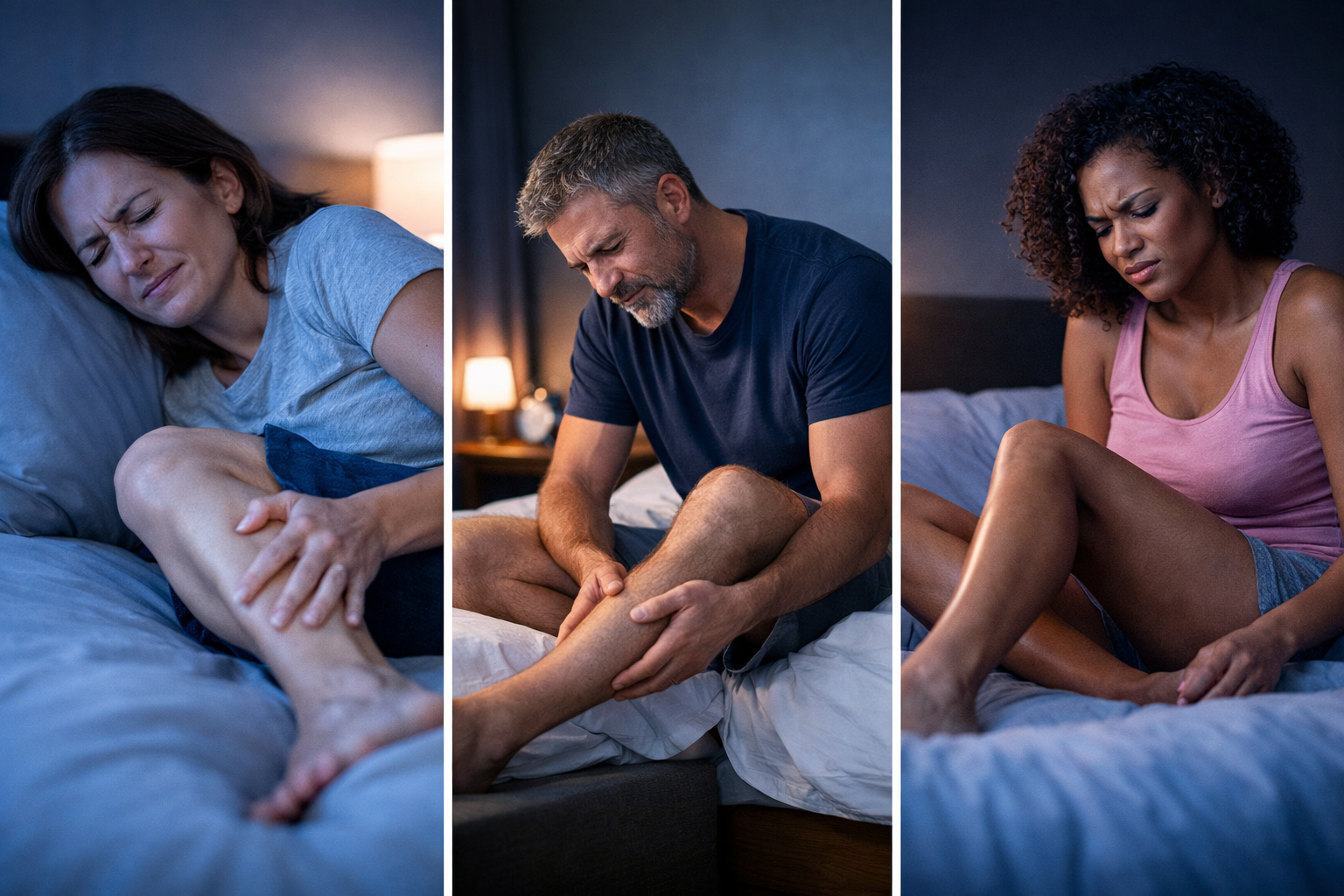
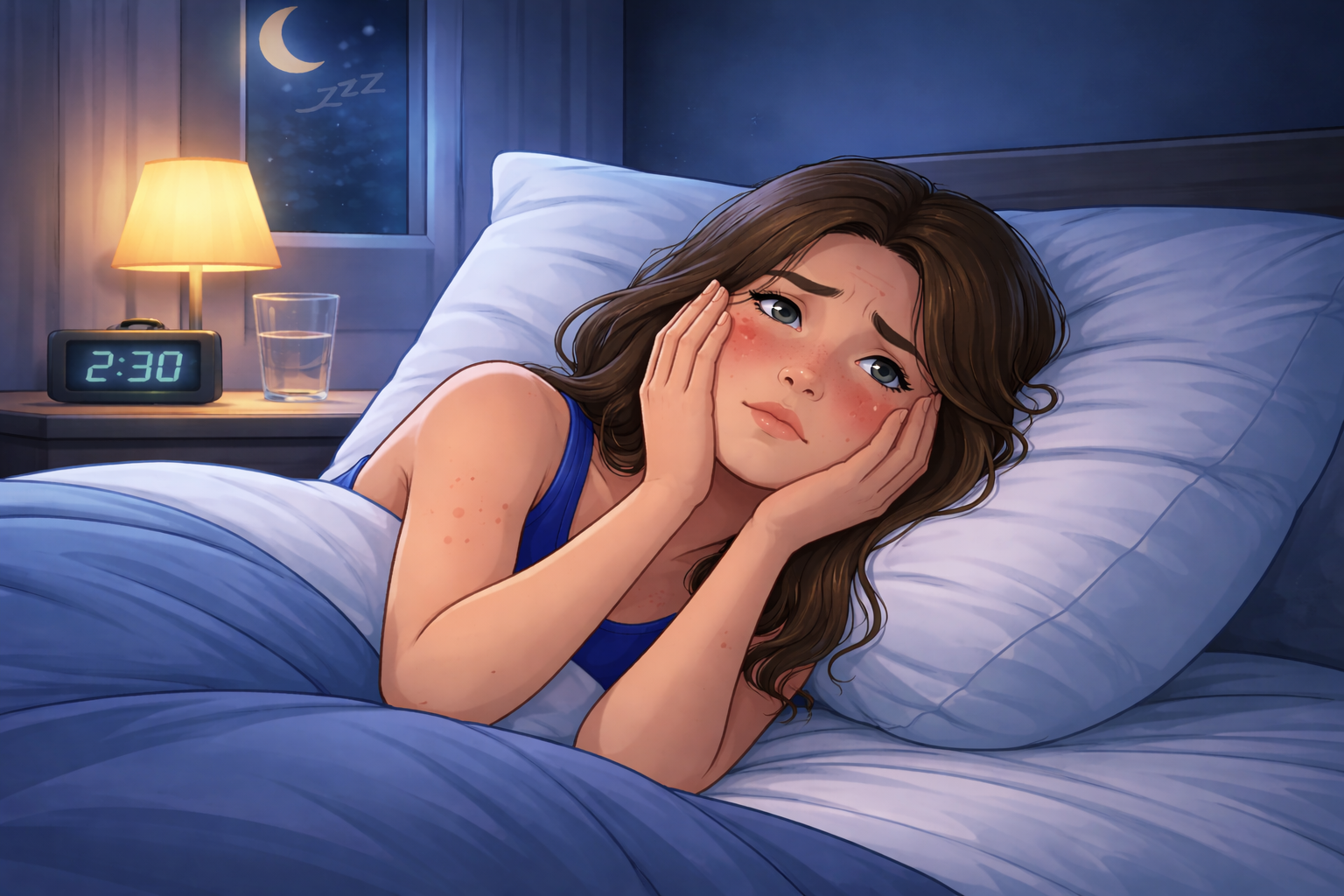
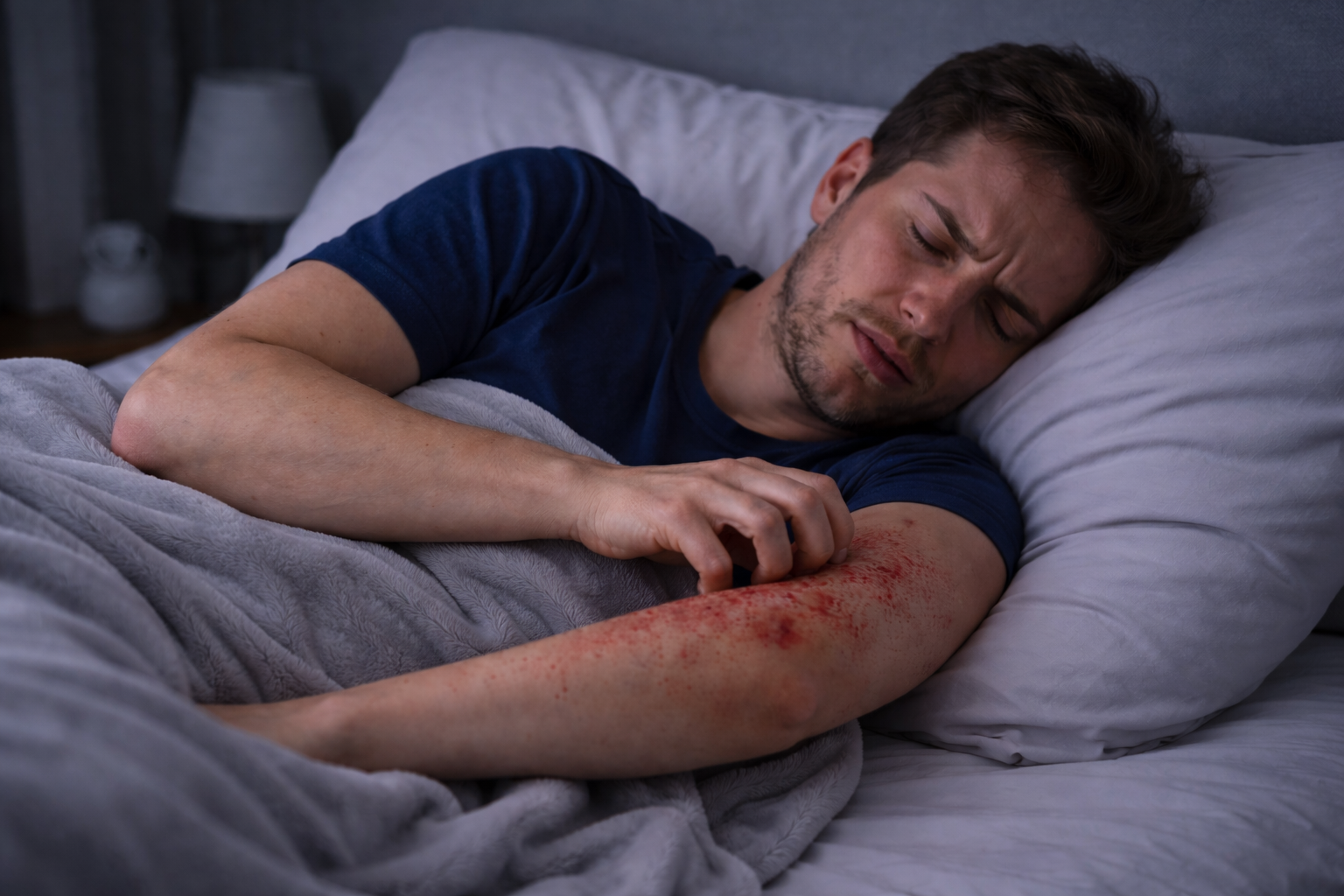
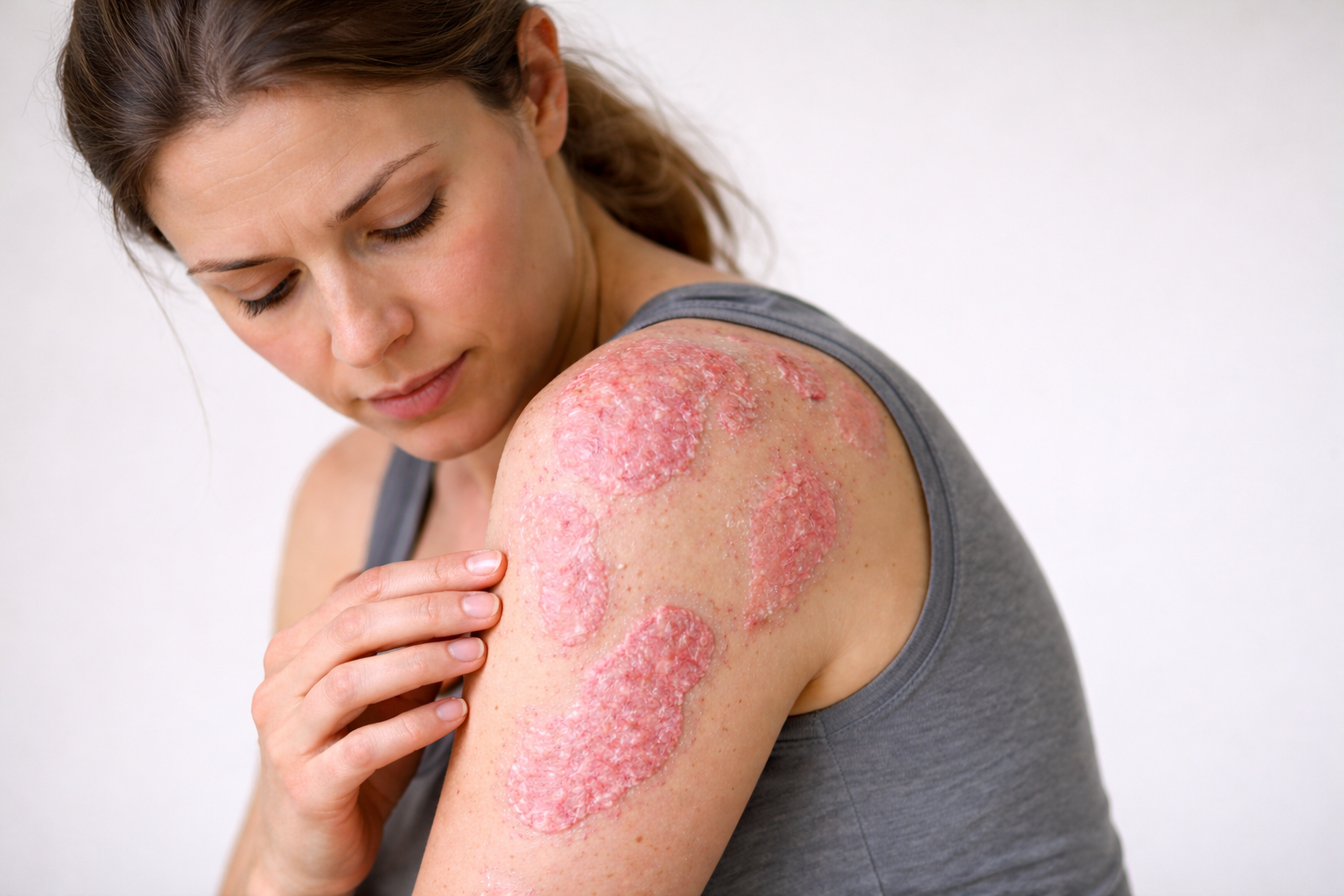
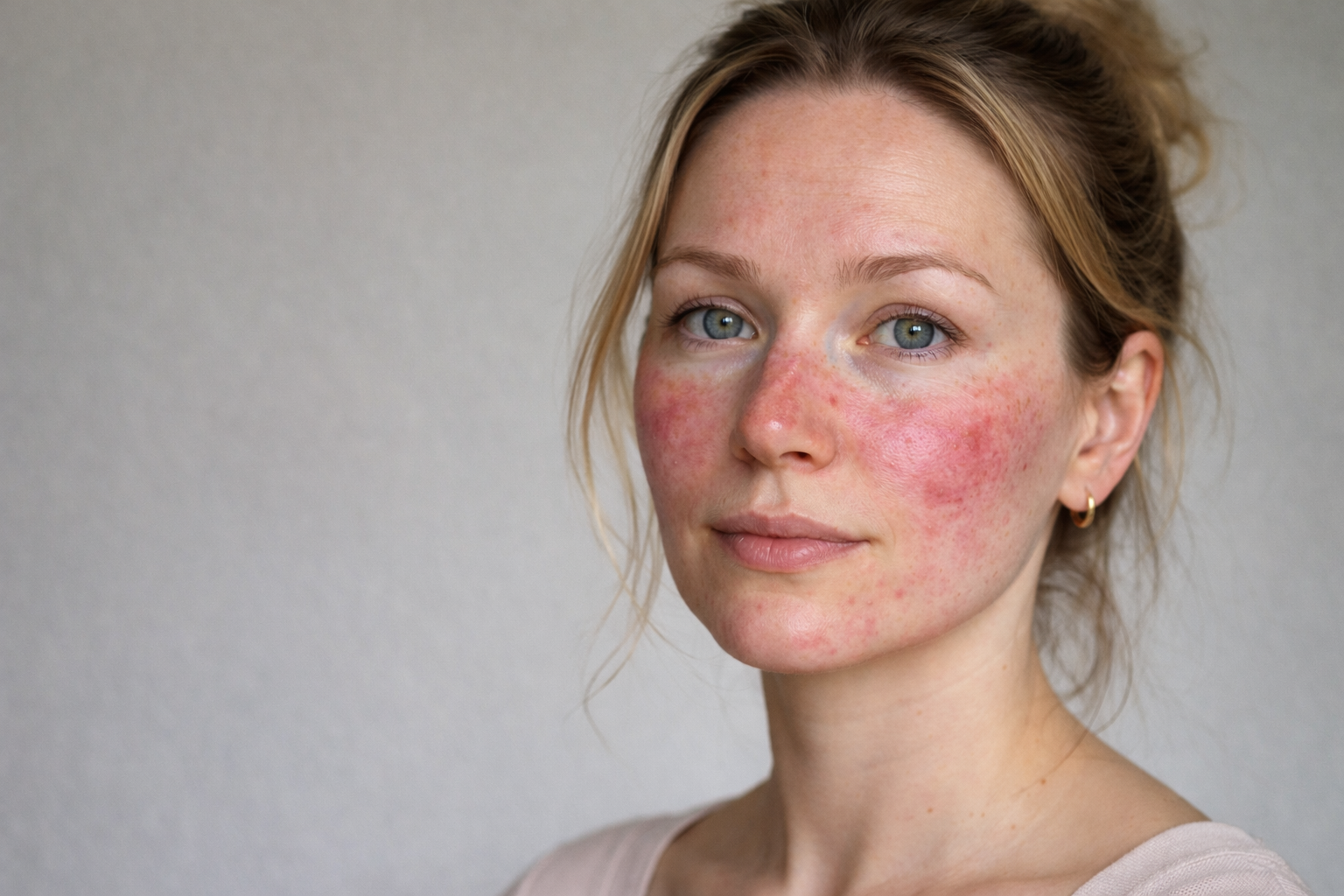

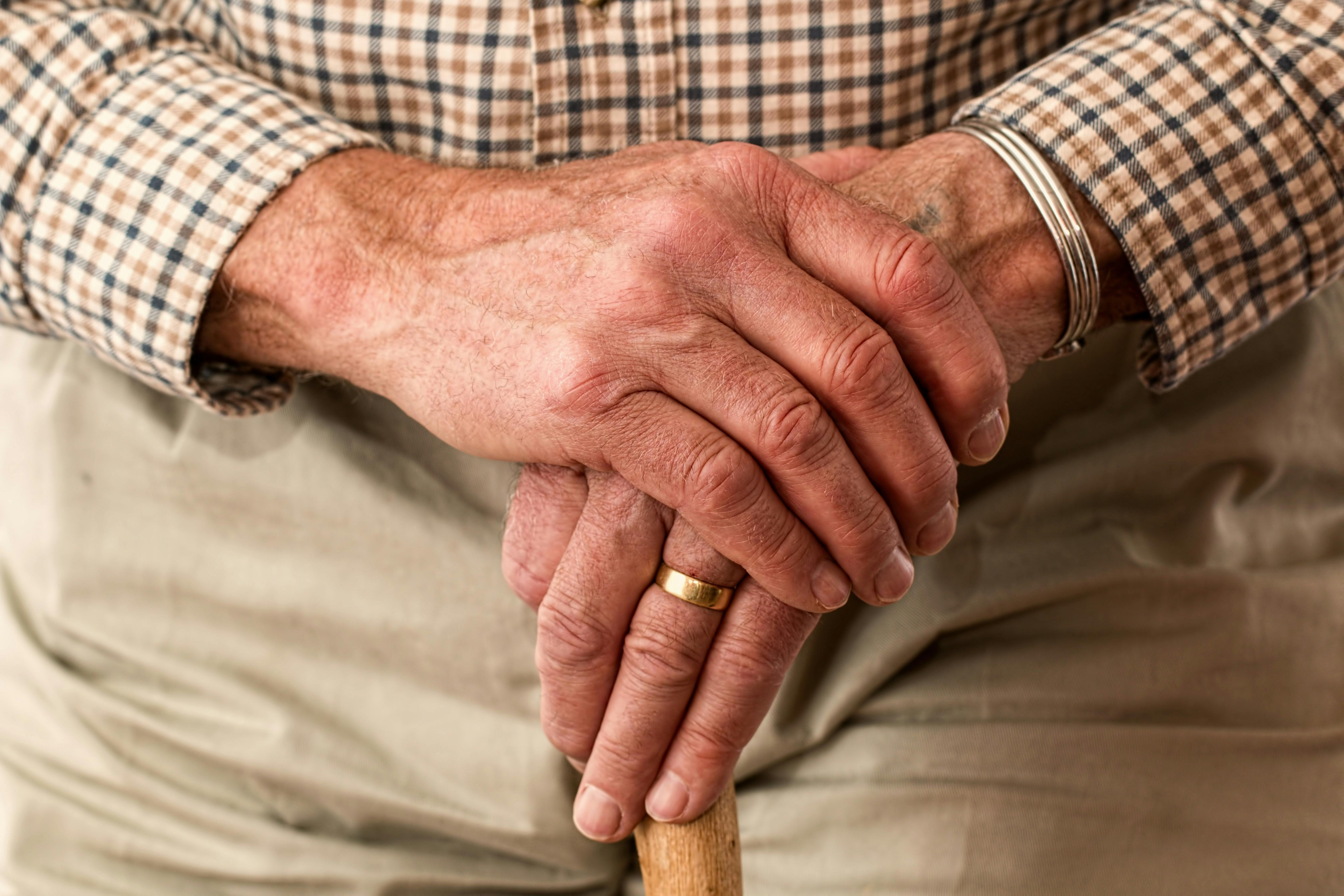
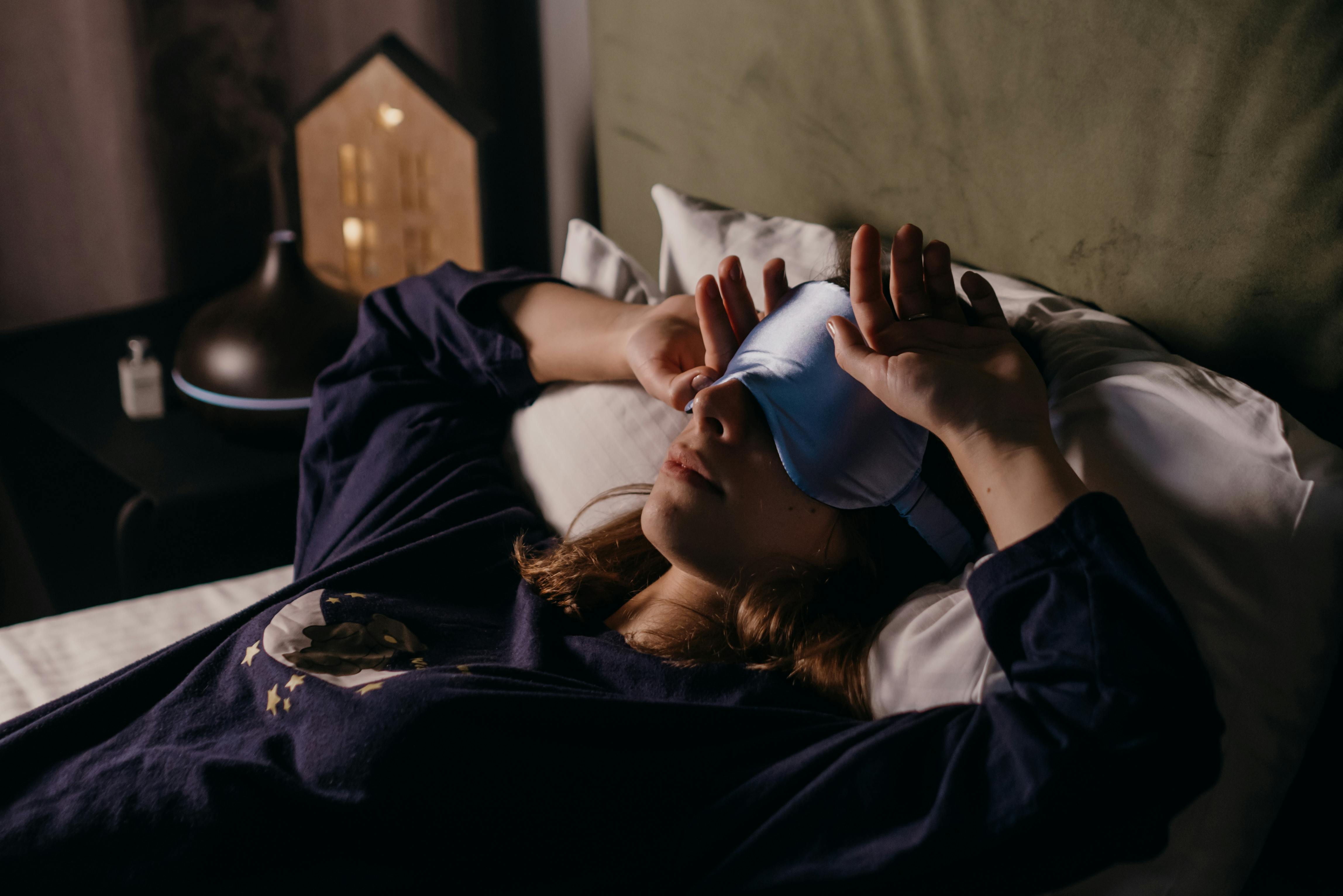

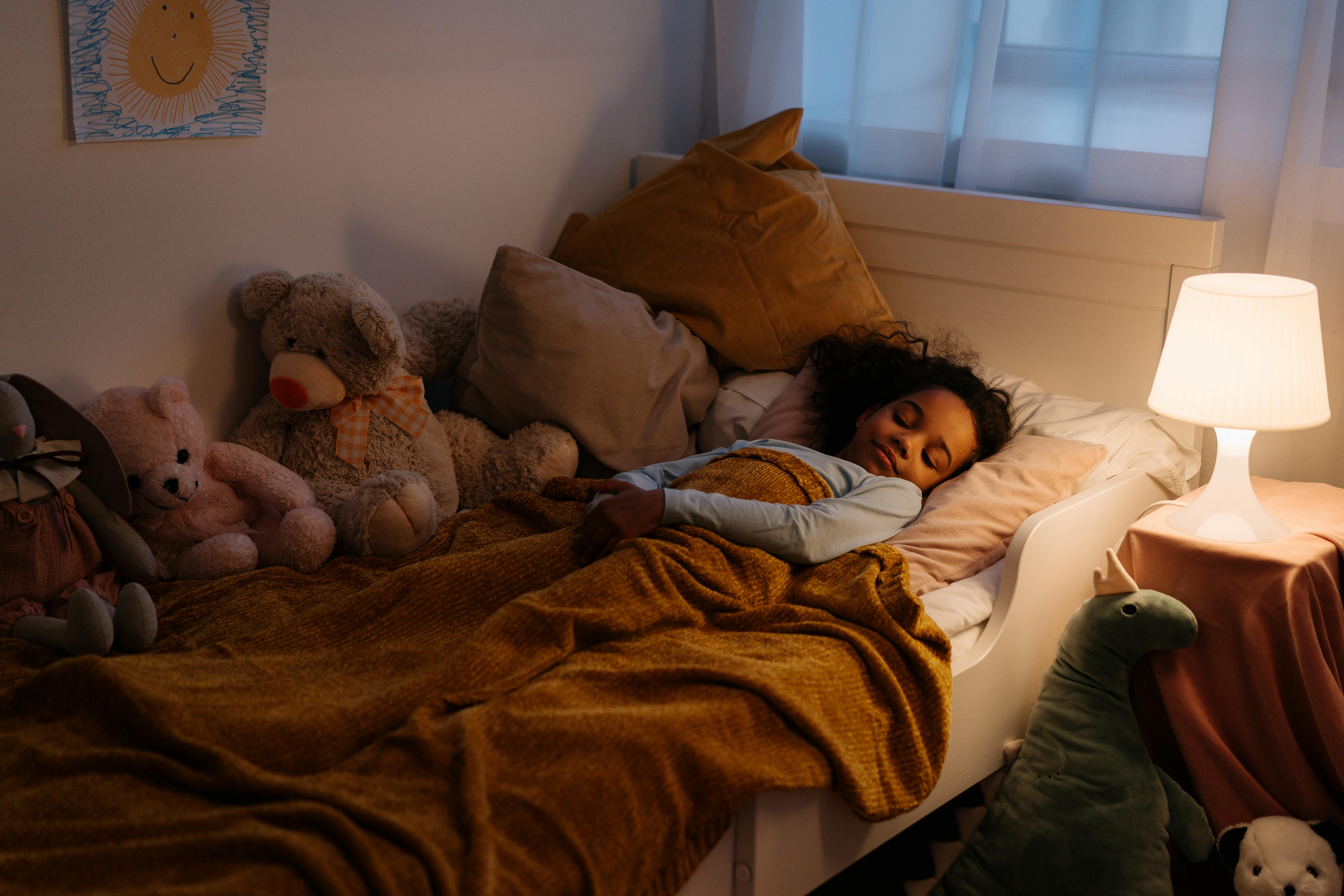
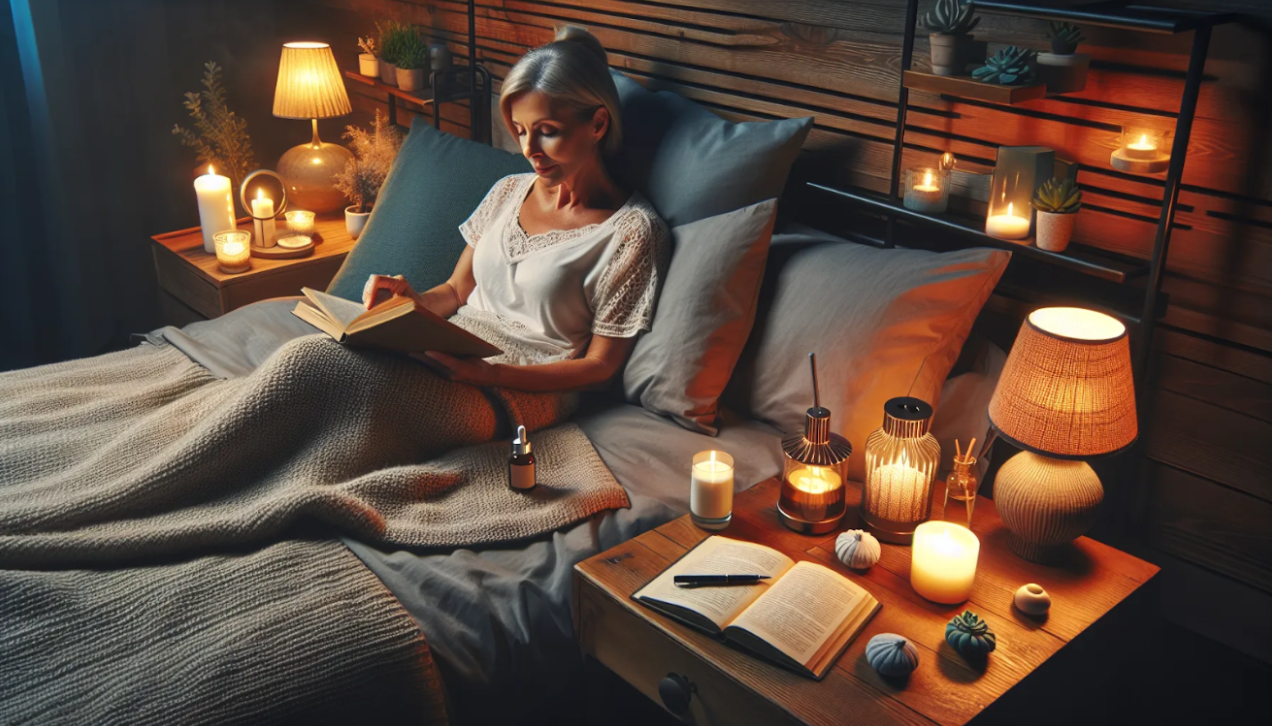
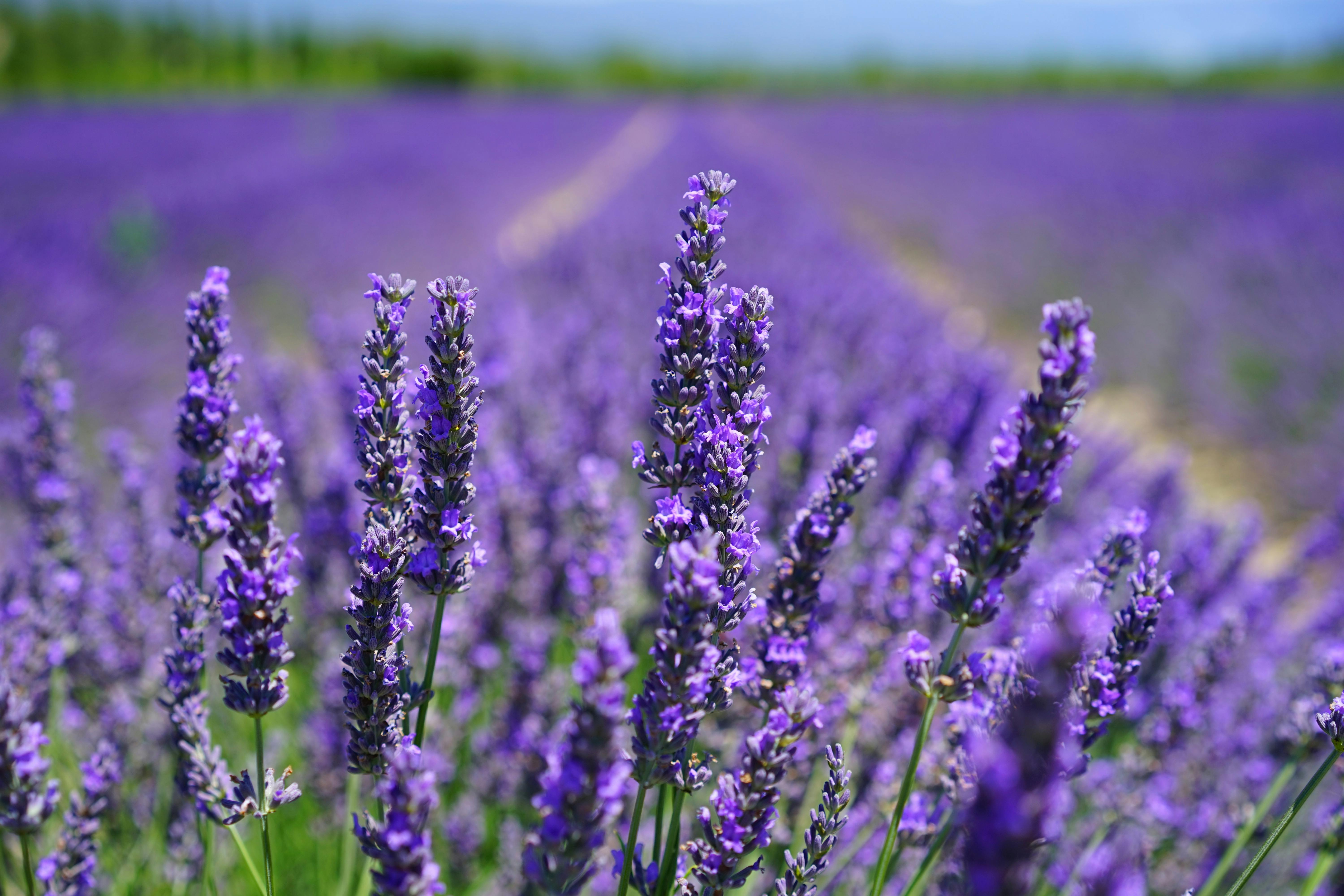
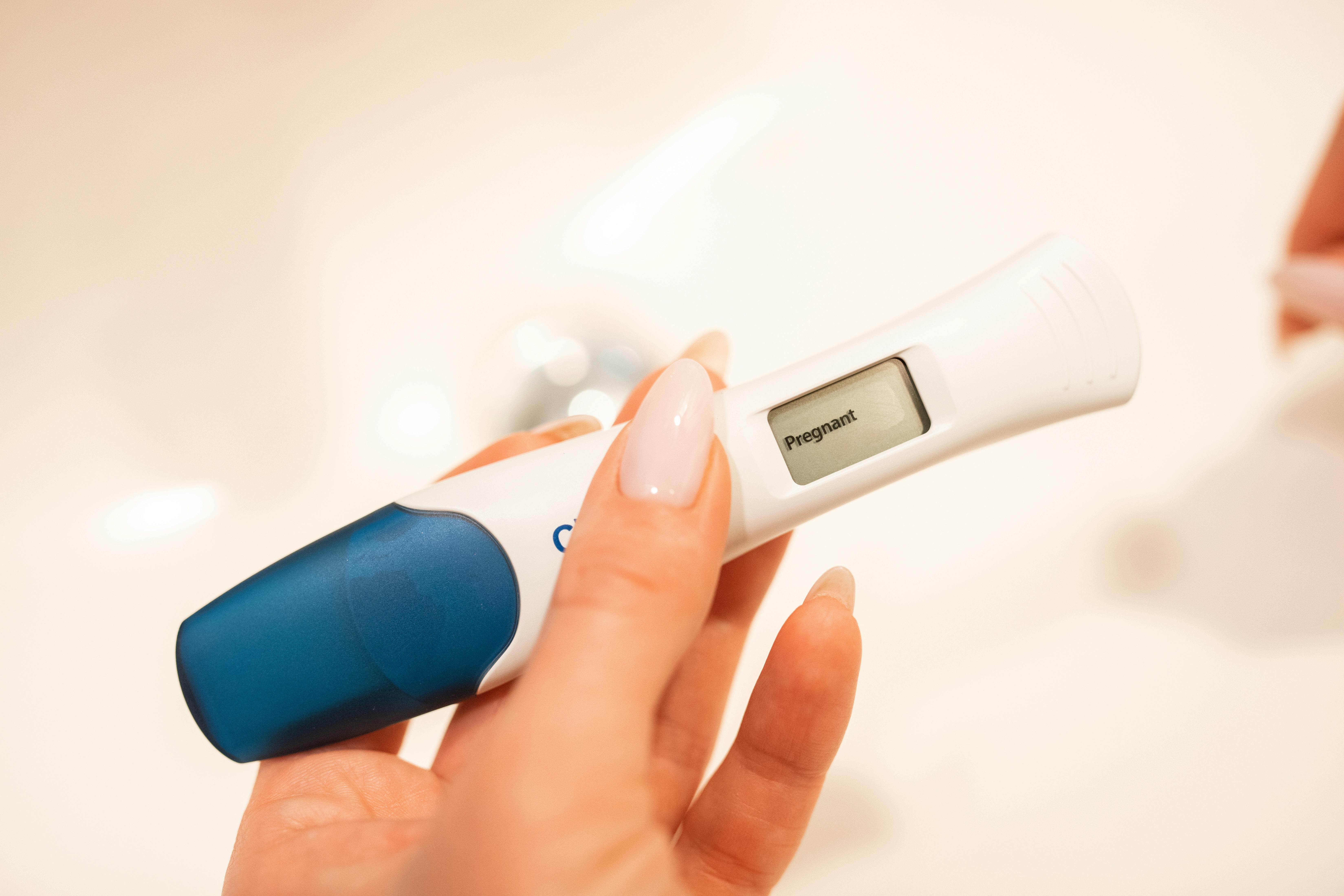
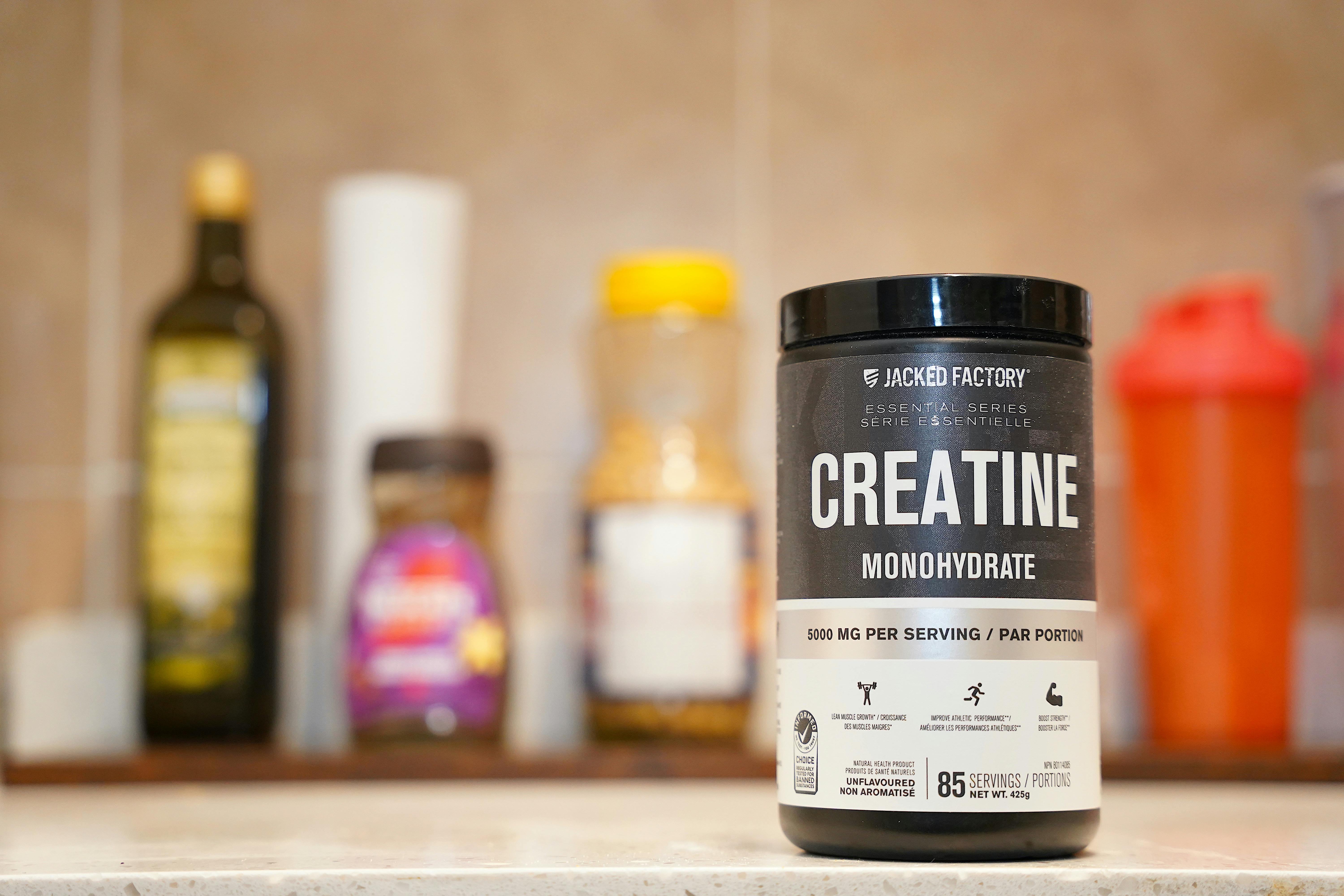


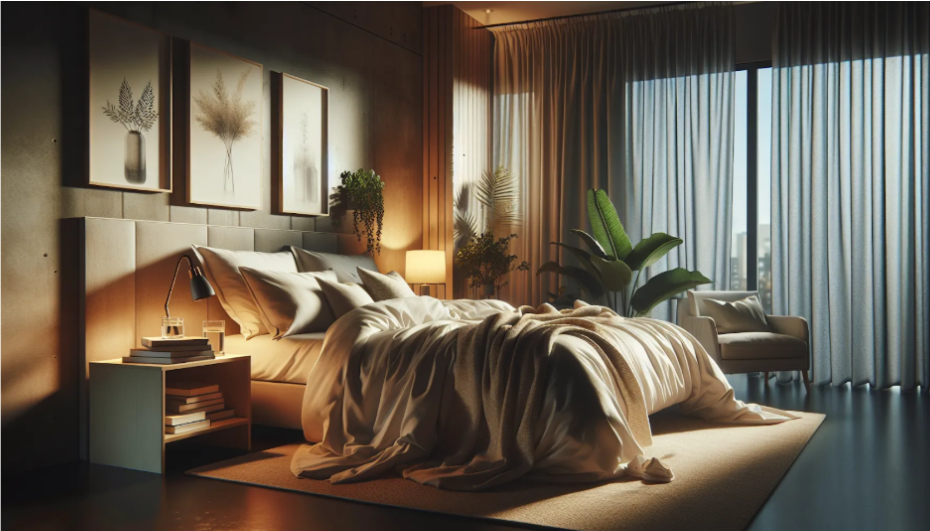

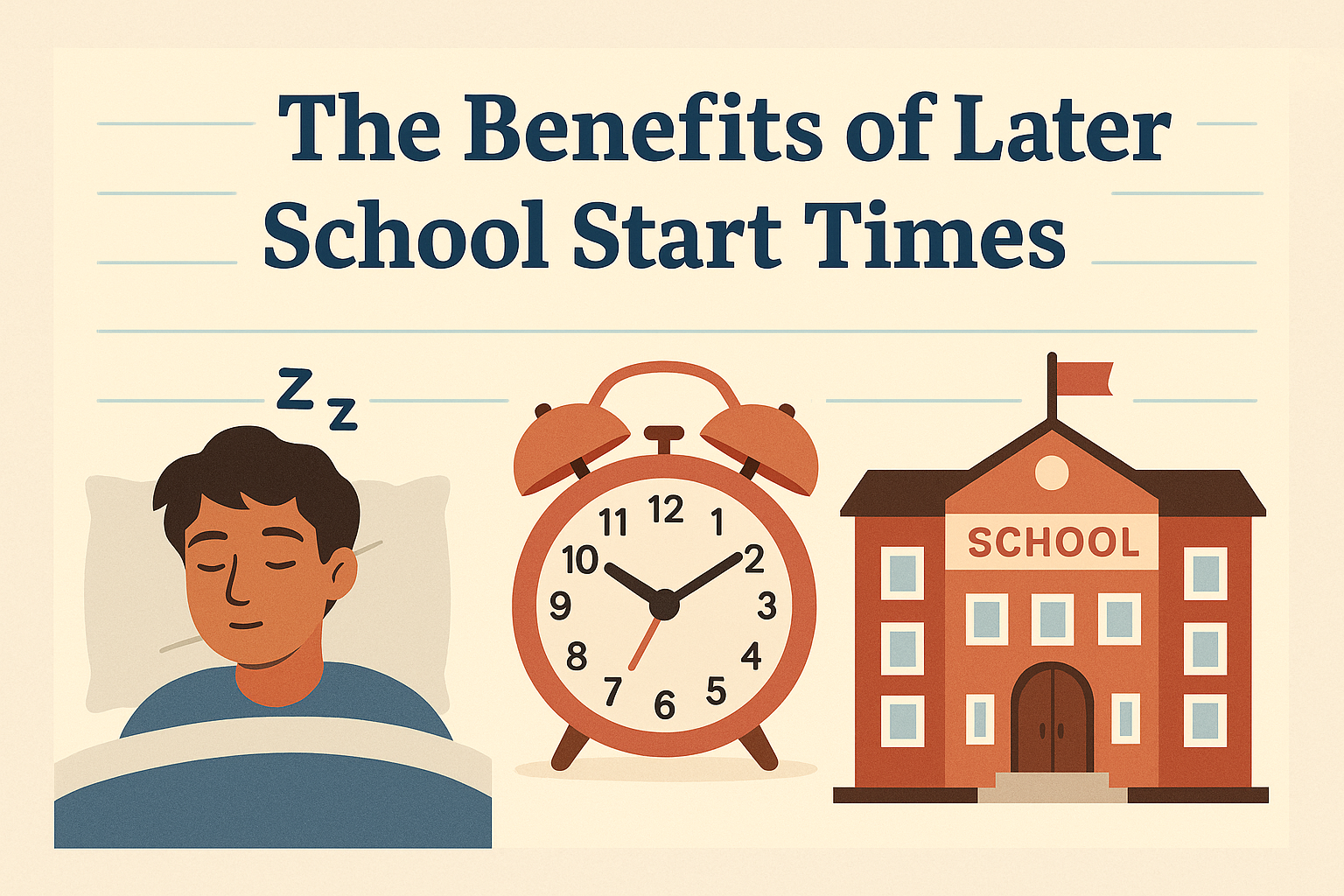

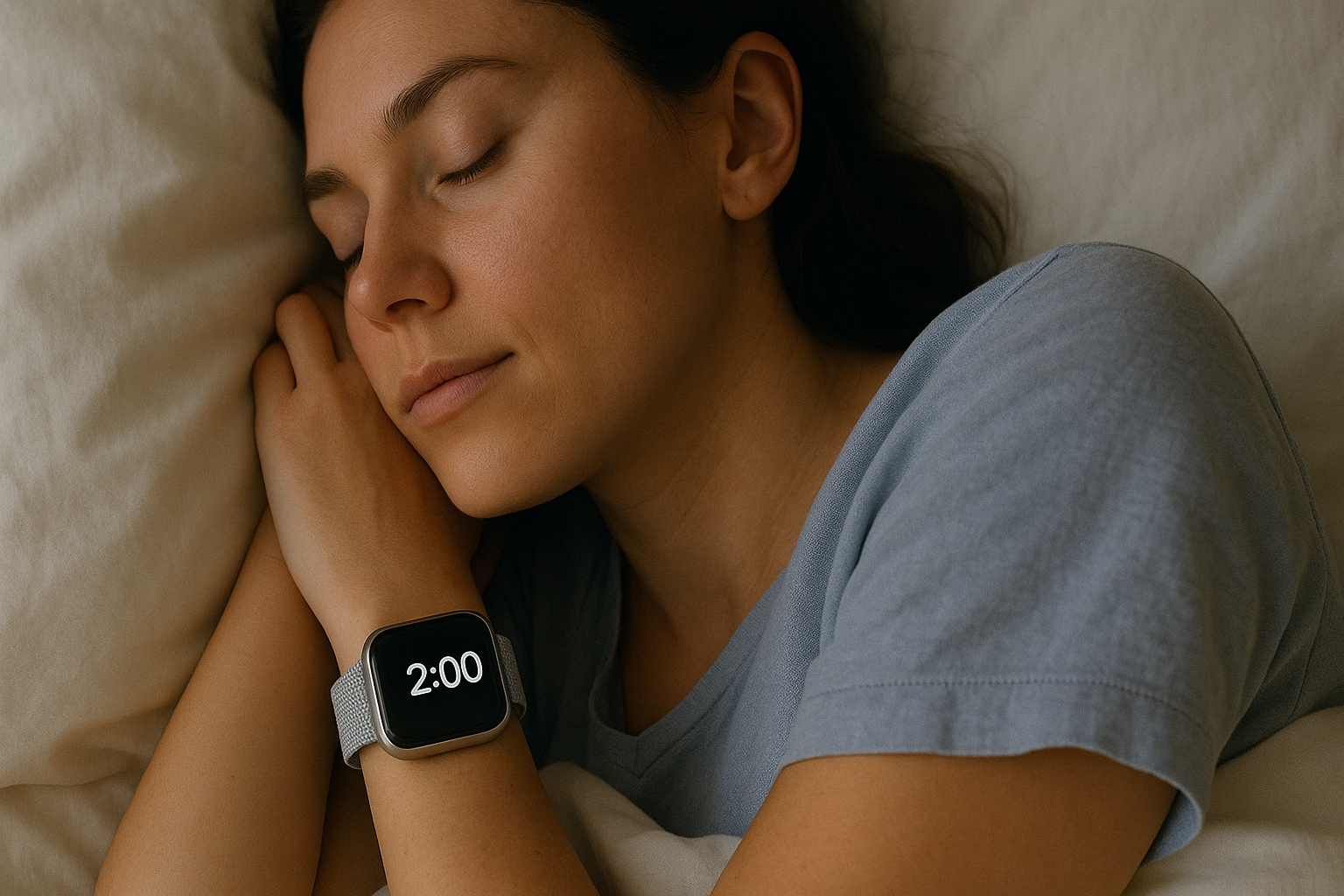


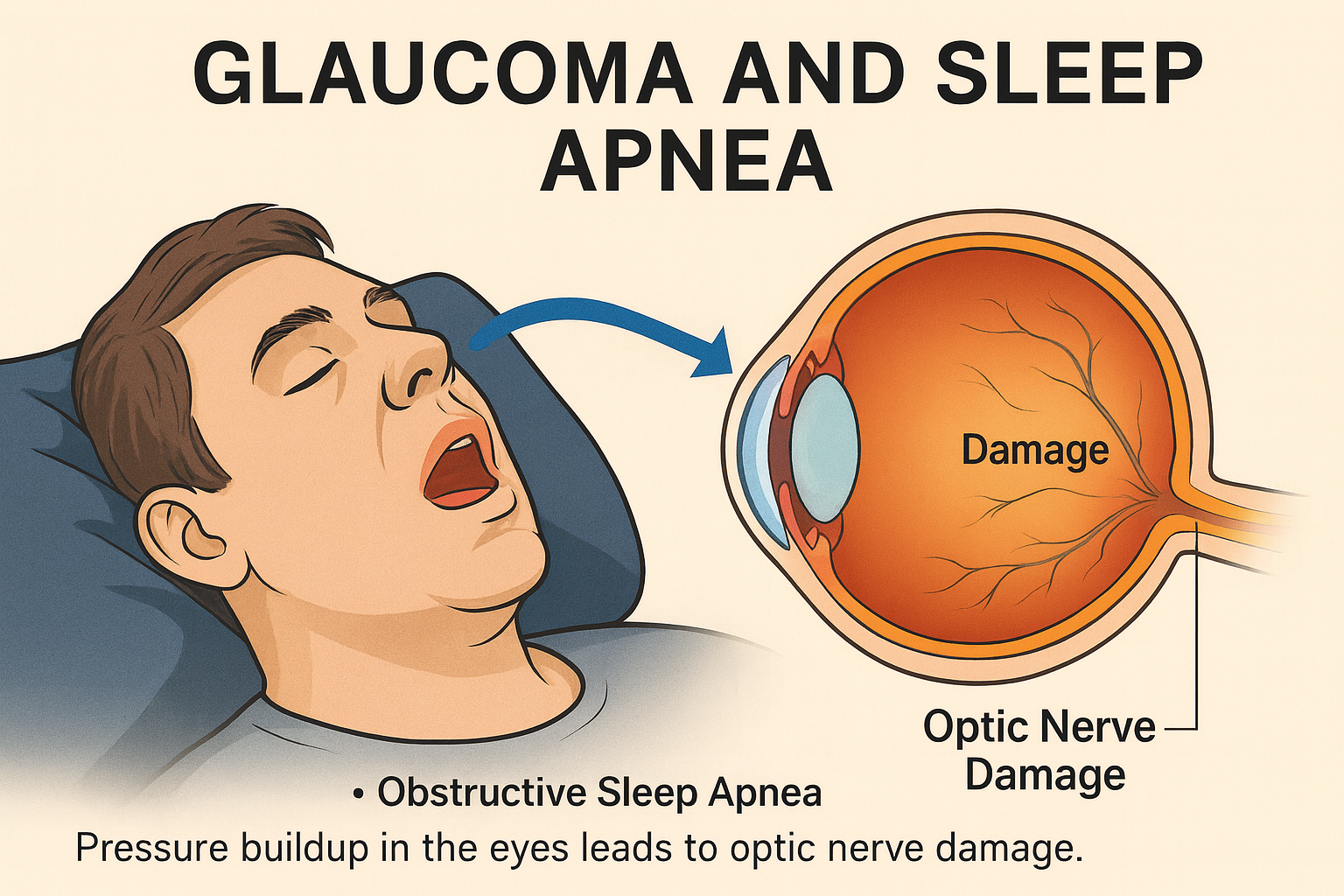
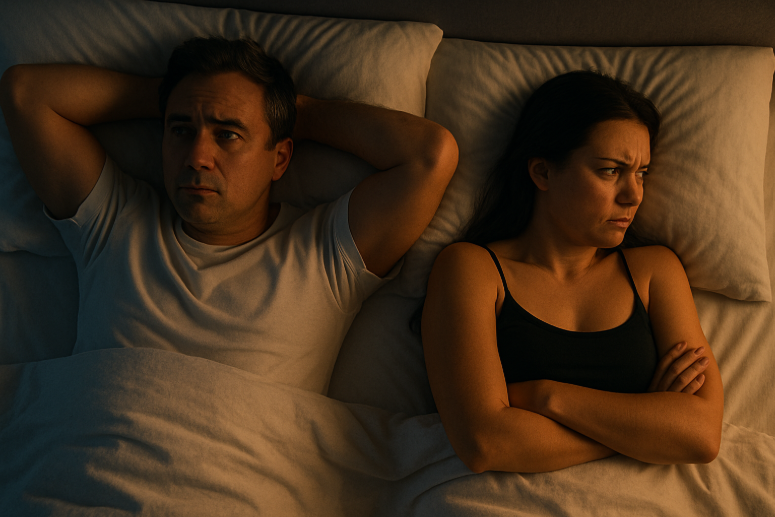
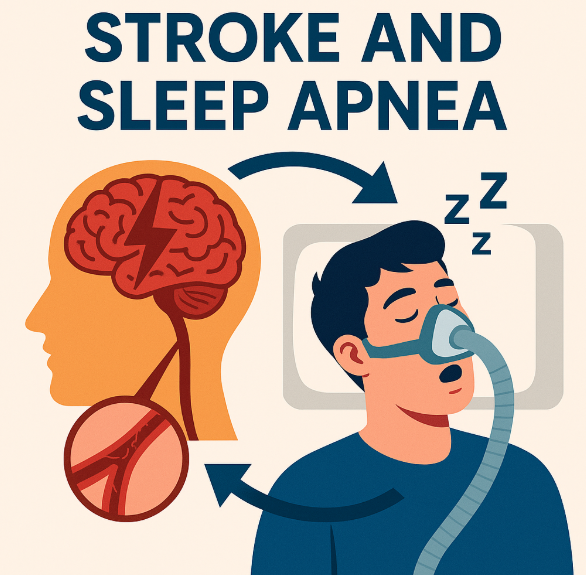
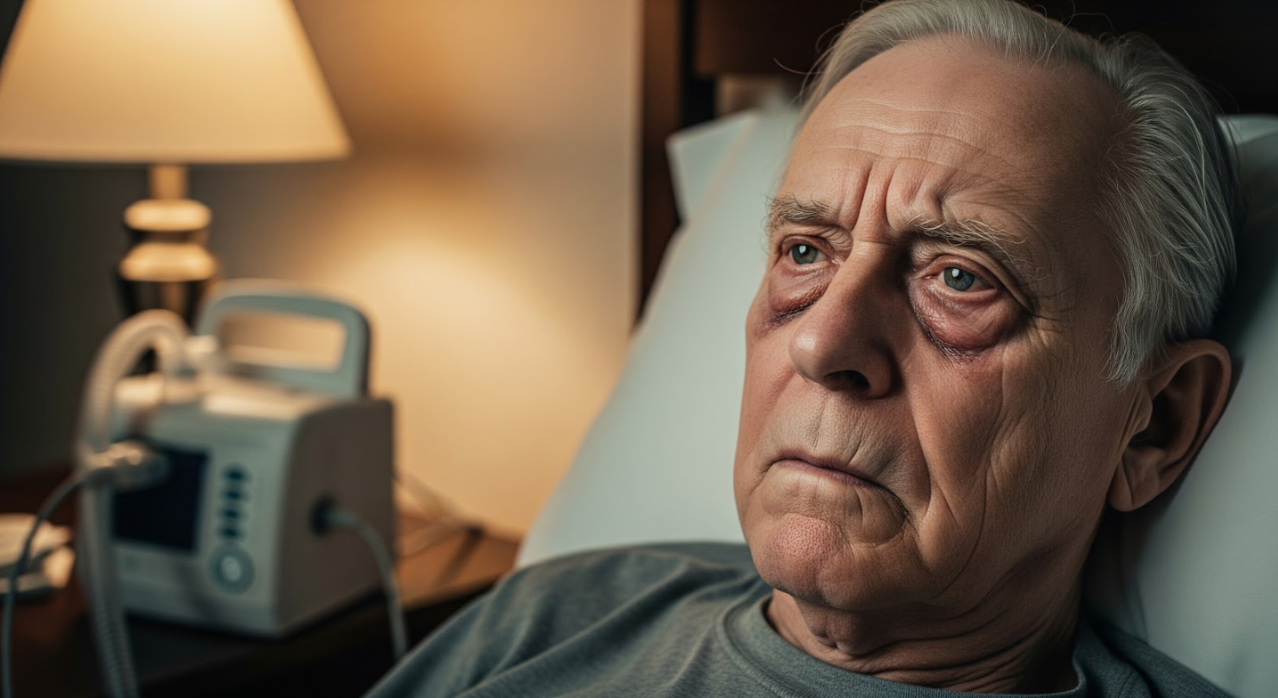
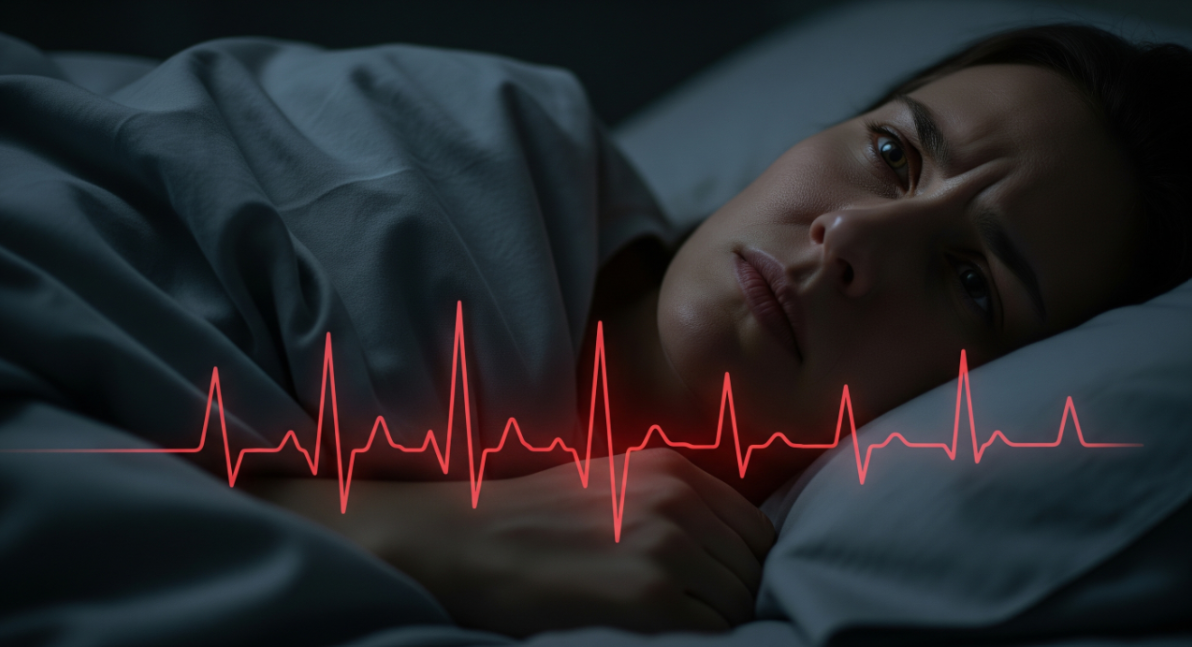






























































%20thumbnail.jpg)
.png)